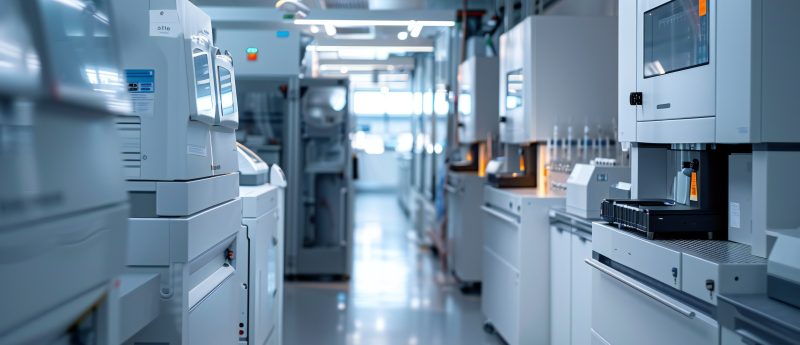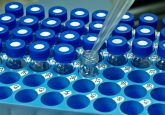A more accurate method for thyroglobulin detection?

Mayo Medical Laboratories are now testing for serum thyroglobulin using SISCAPA® technology and LC-MS/MS.
This new SISCAPA-MS-based method uses a proteolytic enzyme, trypsin, to digest serum proteins, in order to cleave endogenous antibodies and thyroglobulin (Tg) into known, unique peptide fragments. This eliminates any potential interference by protein–protein interaction. A stable isotope-labeled version of the target peptide serves as an internal standard to provide more accurate measurements. An anti-peptide antibody captures and enriches the target peptide and internal standard, and depletes other digestion peptides.
Tg is a thyroid cancer tumor marker and its measurement is clinically useful in monitoring thyroid cancer recurrence or persistence in treated patients. Methods traditionally used for Tg measurements are likely to be subject to interference by antithyroglobulin autoantibodies found in 15–30% of thyroid cancer patients or by heterophile antibodies, which can interact with the antibodies of the immunoassays.
‘By adding this test, we are now able to provide more meaningful test results in cases of Tg autoantibody interference where the physicians were unsure about the disease status of the patient’, explained Stefan Grebe, Chair of Clinical Biochemistry and Immunology at Mayo Clinic.
Measurement of Tg-specific tryptic peptides by MS could provide a more accurate quantification of Tg in samples with antibody interferences. Using this more specific SISCAPA-MS-based method might mean that patients could avoid being subjected to additional imaging studies to provide more accurate results.
Sources: Serum thyroglobulin testing using SISCAPA technology now available; The SISCAPA Process.






